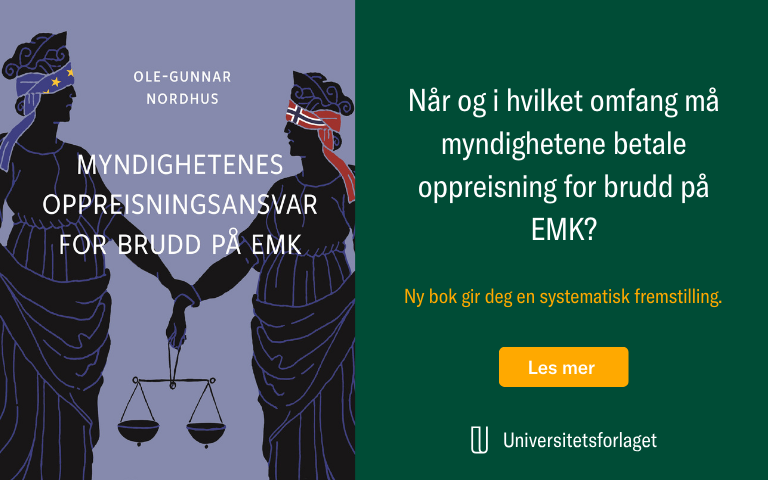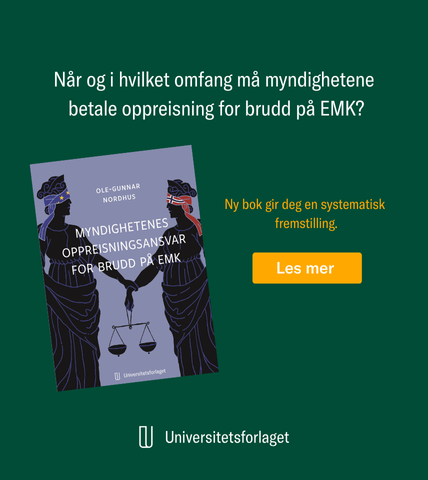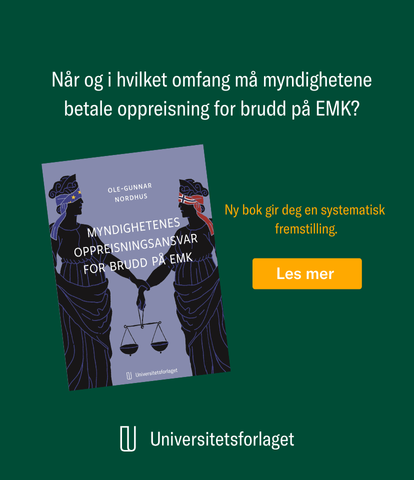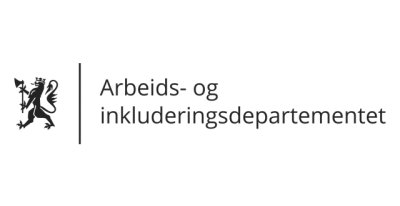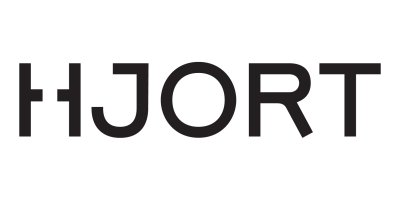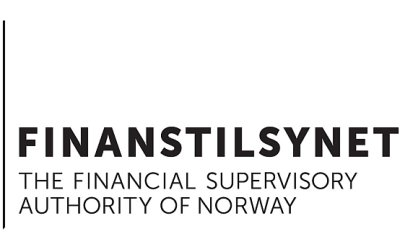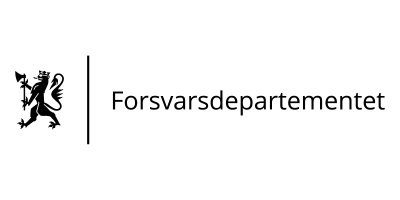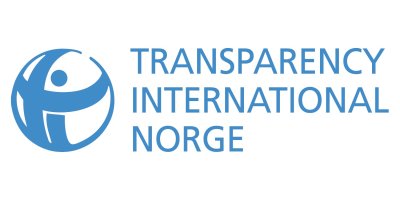A notion that has become trendy in recent years is judicial dialogue. Not everyone who uses the term, however, seems to know what it implies. To give a current example: Judicial dialogue does not mean that the EFTA Court is asked to reconsider a question which it has already answered because one of its judges, in breach of his oath, has invited the Norwegian Supreme Court to make a second reference. And judicial dialogue does not mean that another member of the EFTA Court announces his views in advance and controls the composition of the Court. The Fosen fiasco is thus by no means a case of judicial dialogue.
So while Fosen, a public procurement law case, has nothing to do with judicial dialogue, but, as professor Mads Andenæs QC rightly wrote, has all the features of a fixed trial, these days we are seeing an outstanding example of such dialogue in which the EFTA Court is at the forefront. No fewer than six European high courts are involved in this discourse: The Norwegian Supreme Court, the EFTA Court, the European Court of Human Rights, the Belgian Constitutional Court, the Belgian Supreme Administrative Court (Raad van State) and the Court of Justice of the European Union.
At the request of the Norwegian Supreme Court, the EFTA Court essentially held on 16 April 2016 that Article 54 EEA (the provision mirroring Article 102 TFEU) may apply to a boycott started by a labour union and implemented by a port administration with a view to compel a forwarding agent to use unloading and loading services offered by port workers employed by the port administration (E-14/15, Holship Norge AS v Norsk Transportarbeiderforbund). John Hendy QC and Tonia Novitz called this ruling «one of the most significant cases in European labour law so far this century». In fact, the decision has caused quite a furore. The Norwegian Supreme Court followed the EFTA Court’s opinion on 16 December 2016 by 10 votes to 7. The Norwegian labour unions were, however, not happy. In June 2017, they brought an action against the Norwegian state with the European Court of Human Rights (application 45487/17 Landsorganisasjonen i Norge and Norsk Transportarbeiderforbund v. Norway). This case is pending.
The hitherto last chapter in the Holship saga was written by the Belgian Supreme Administrative Court (Raad van State) and the Belgian Constitutional Court. On 16 May 2019, the Supreme Administrative Court asked the ECJ questions about the compatibility of the Belgian port labour monopoly (as well as about a reform of 2016) with the TFEU (decision no. 244.504). On 6 June 2019, the Constitutional Court followed suit (decision no. 94/2019). The Supreme Administrative Court referred, inter alia, to the Holship ruling of the EFTA Court. It is not clear which of the two European courts in question, the Strasbourg Court or the ECJ, will be the first to decide. But that is not the point here. What is decisive is that the EFTA Court can be an active participant in the European judicial dialogue. The EFTA Court is far more than a recipient of orders from the ECJ. Its contribution to the development of case law in Europe – both at European and national level – may be decisive. But to achieve that, the Court has to forego games like those used in Fosen.
Btw: The legal community in the EEA is still waiting for the publication of the decision to exonerate President Hreinsson from the accusation of bias.






.png)

